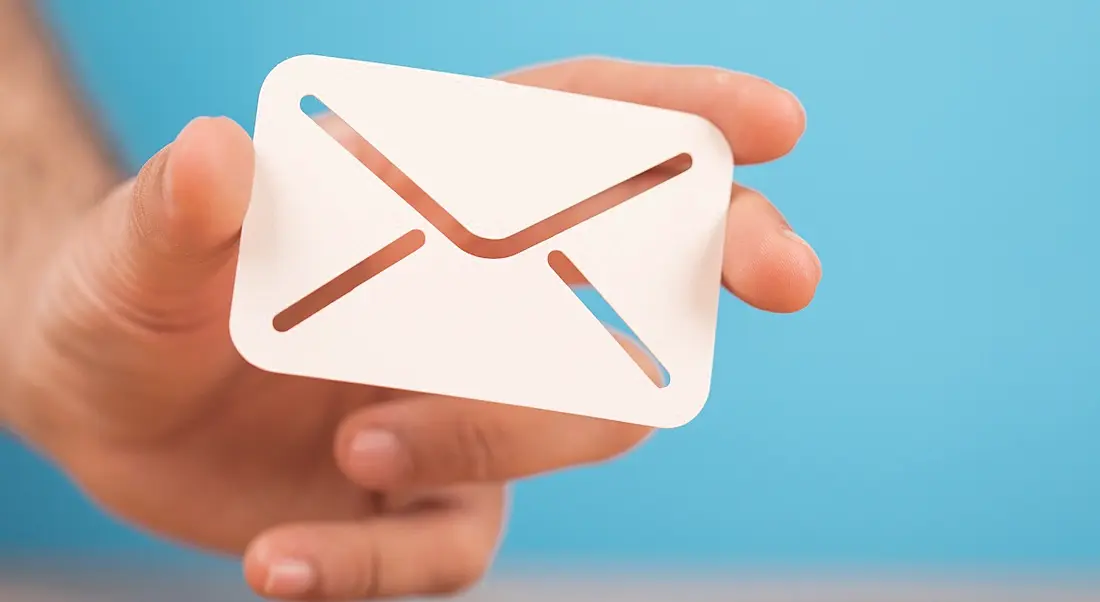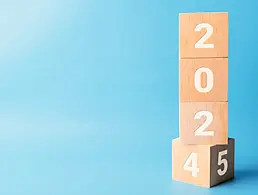Need to make an impression on someone’s inbox? Writing a confident and professional email is a skill everyone should have.
Effective email communication is hugely important for most jobs nowadays. Yet, writing work emails is something that a lot of people struggle with.
Is it any wonder generative AI tools such as ChatGPT and Microsoft Copilot are surging in popularity? Generating slick, succinct emails is something these tools do quite well, so it’s no surprise people are jumping at the chance to outsource to them.
But what if you’re drafting an email for a more niche situation? It could be to smooth out an issue with a client or a request for a promotion or a pay rise. Writing a good quality email is a skill not that can be honed, and it is one that everyone should have if they’re using email regularly.
Here are a couple of pointers on how to do it well the next time you need to make an impression in someone’s inbox.
Lose the apologies
If you tend to say things like “Sorry, just emailing you to check…” or “Sorry for disturbing you…” , then stop. It makes you look weak, and that’s the last thing you want to sound like if you’re hoping to form a mutually beneficial professional relationship.
That’s not to say you shouldn’t apologise if you have made a mistake but don’t throw around the word “sorry” like it’s confetti.
Leave out the filler
When writing professional emails it can be difficult to strike the right tone. You want to sound like yourself, but you shouldn’t be overly conversational or familiar. You’re not writing dialogue, for example.
For formal emails, avoid using phrases that you would use in conversation like “I think, maybe” or “Yeah”.
Be purposeful with language
Be as precise and clear as possible. If you don’t want to sound rude when checking in on the status of a project, you can say “I’m getting in touch to follow up on…”
It can be tough to balance being direct with being polite but if you use vague language like “I’m just emailing to ask how it’s going with…” you run the risk of not being taken seriously.
Similarly, if you’re requesting an action from someone, don’t make a big deal out of it. Irish people are particularly bad for this; we tend to give people the opportunity to say no to us almost out of embarrassment.
If you preface your request with “It’s fine if you can’t, but…” then don’t be surprised if the other person takes it literally. They may not realise that you meant the task was non-negotiable. This is why precise language matters.
Express gratitude
While it may be weak to apologise unnecessarily, don’t make the mistake that you should steamroll over people’s inboxes without some level of humility.
It’s always nice to thank people for replying to your emails and for the time they spend responding to you. At the start of each email, you can say something like “Hope you are well…” or “Thank you for your reply…” before launching into business. At the end of the email, you can say “I appreciate your time on this…” or “Thanks very much in advance for doing this…”
Dot your i’s and cross your t’s
Before you send a professional email, reread it to check for spelling mistakes, grammatical errors, fields that haven’t been filled in (such as the subject line) and privacy compliance.
The last one is particularly important if you’re sending an email to multiple people. Only use the cc function if you want the people you’re emailing to know about the other recipients. Use the bcc field to hide other recipients and keep your contacts’ emails private from each other.
Following these simple, basic rules will ensure you come across professional and competent in every email exchange.
Find out how emerging tech trends are transforming tomorrow with our new podcast, Future Human: The Series. Listen now on Spotify, on Apple or wherever you get your podcasts.




